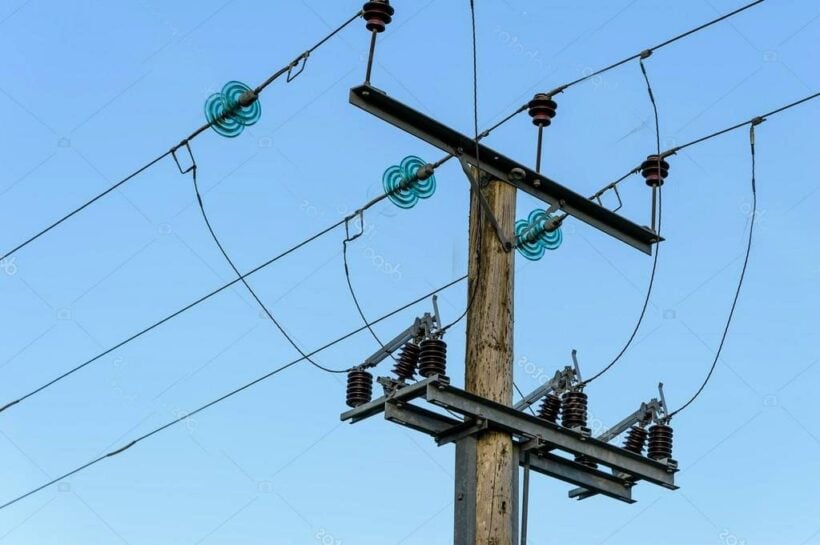Thai activists say new electricity rates won’t solve root causes of high prices

A decision by an Energy Regulatory Commission (ERC) subcommittee to reduce electricity rates from May to August has been met with reservations from Thai energy activists and politicians, who argue that the move does not address the root cause of expensive power bills.
Yesterday, the subcommittee approved the fuel tariff (Ft) rate adjustment, which considers changes in fuel costs and other variables. The full ERC board will vote on the proposal on Monday, Bangkok Post reports.
The suggested adjustment would lower household electricity bills by 1.5%, decreasing the rate from 4.77 baht to 4.70 baht per kilowatt-hour from May to August. This comes in response to public complaints about soaring electricity bills during the hot summer months.
An anonymous Ministry of Energy source revealed that the ERC panel based its recommendation on a proposal from the Electricity Generating Authority of Thailand (Egat) for a 28-month moratorium on debt repayments.
The Ft, a significant component in the power tariff, is assessed by the ERC subcommittee every four months. Power tariffs are also influenced by debts owed to Egat, which reported an accumulated loss of 150 billion baht after subsidising electricity prices from September 2021 to December 2022.
Energy advocate and former Bangkok senator, Rosana Tositrakul, said the costly power bills stem from the expense of liquefied natural gas (LNG) imports. She pointed out that Egat has purchased 70% of its electricity from a private company, while generating only 30%. According to Tositrakul, Egat buys electricity from this private company for 3 to 9 baht per unit, and resells it to the Metropolitan Electricity Authority and Provincial Electricity Authority at 2.75 baht per unit.
Tositrakul argues that if Egat were to generate more electricity, the public would benefit from lower rates. She further highlighted that under the current contract, the government must make availability payments to the private company, irrespective of whether electricity is generated or not.
This has resulted in a debt of 40 billion baht and payments exceeding 100 billion baht to purchase electricity. In total, Egat has accumulated a debt of roughly 150 billion baht, which has impacted the Ft rate. Tositrakul explains: “When Egat buys expensive electricity but sells it at cheap rates, the accumulation of debt follows, and Egat and consumers have to shoulder the expensive costs while the private sector reaps the profits.”
As Tositrakul sees it, cutting electricity bills from May to August is a temporary solution, and the rates will inevitably increase again when Egat needs to repay debts. She added, “No one engages in a policy of buying expensive and selling cheap. This raises suspicion about alleged irregularities.”
Chartpattanakla Party leader, Korn Chatikavanij, believes the government must eliminate the Ft rate for the four months to resolve the issue of steep bills. He notes that Egat’s production costs have decreased as LNG prices continue to decline and called for a restructuring of the electricity production industry. Chatikavanij urged the government to demonstrate “the political courage to overhaul the structure and liberalise the sector by allowing people to invest so we don’t have to rely on big businesses and state enterprises to build large power plants.”
Latest Thailand News
Follow The Thaiger on Google News:


























